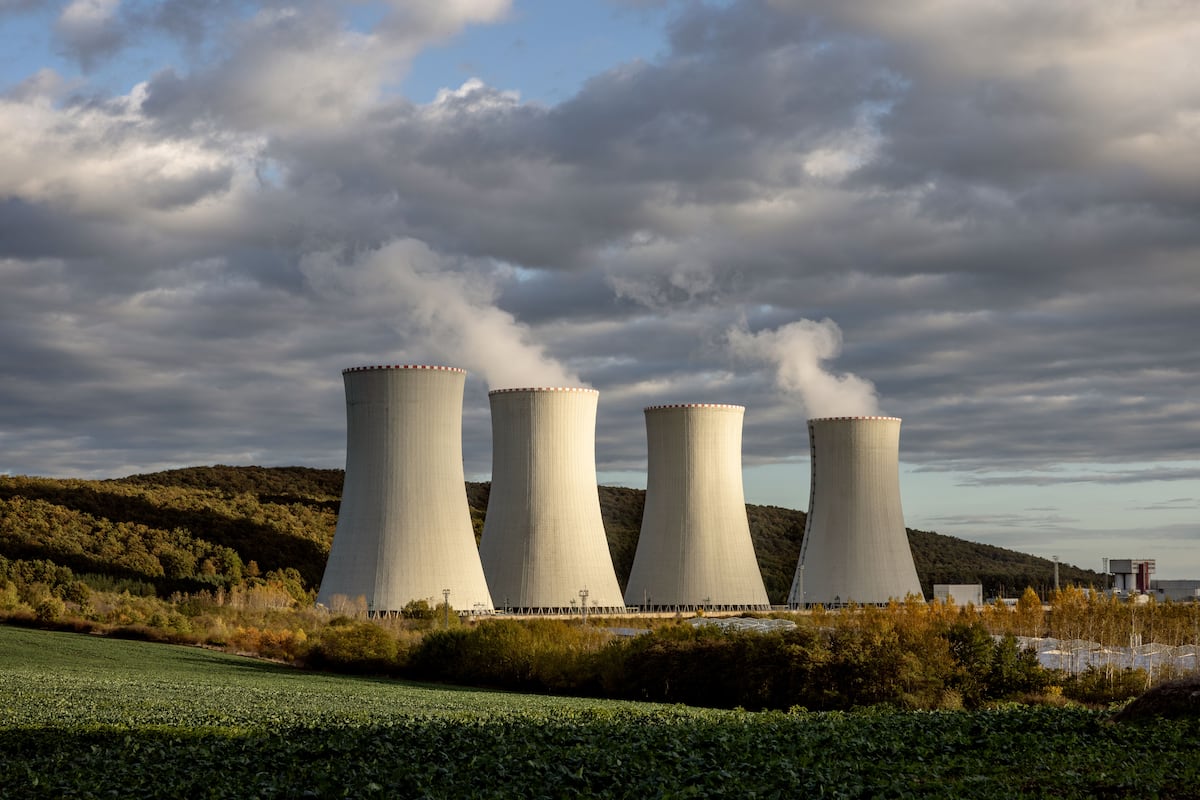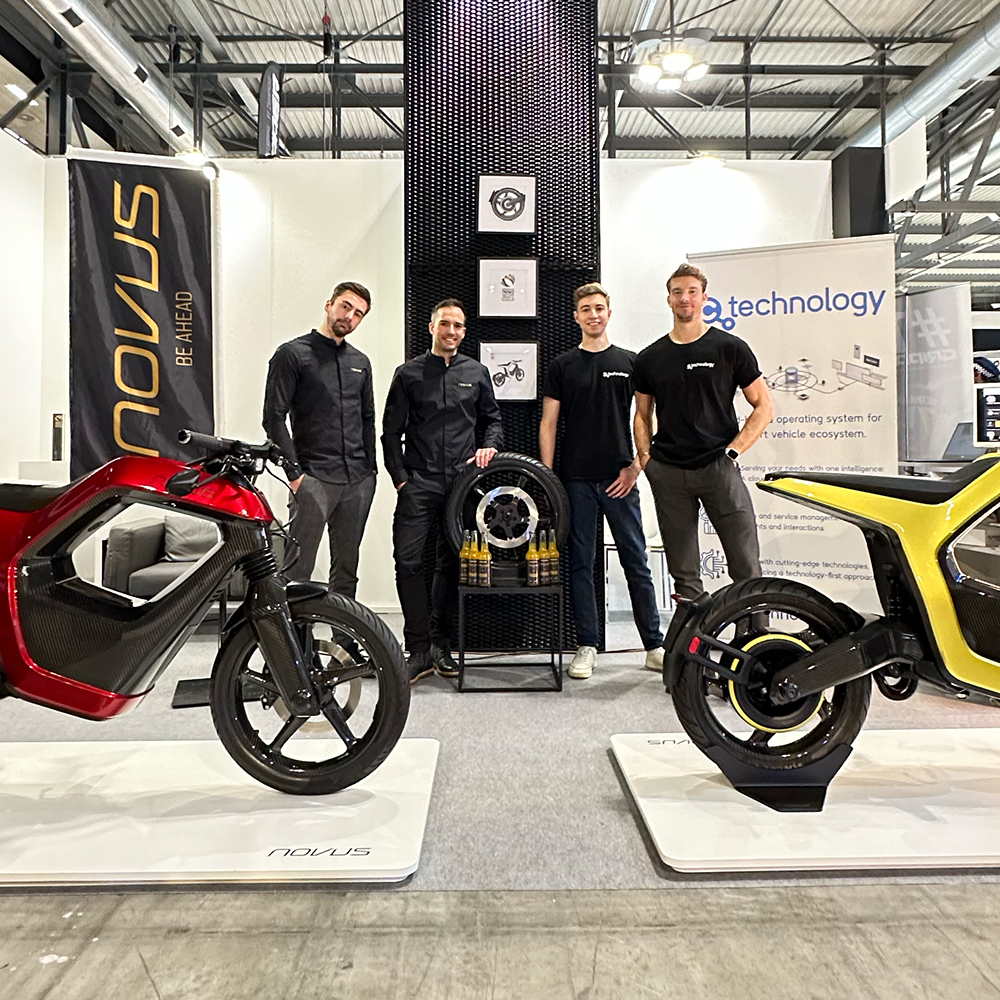
Sam Altman, CEO of OpenAI, the company behind ChatGPT, has delivered a warning at the Davos Forum in January about the impending energy crisis caused by the artificial intelligence (AI) industry. Altman emphasized that the new generation of generative AI will consume significantly more energy than anticipated, potentially straining global energy networks. To address this looming crisis, drastic changes are needed.
One proposed solution to mitigate the energy consumption of AI is advanced nuclear energy. This includes pocket reactors and nuclear fusion technology that are still in the experimental phase. Several companies are exploring this option to achieve energy autonomy and cost control. The Biden Administration has shown interest in exploring advanced nuclear energy, with Energy Secretary Jennifer Granholm meeting with technology companies like Amazon, Google, and Microsoft to discuss potential solutions.
Currently, an estimated 8% of the world’s energy is dedicated to AI, used for powering processors and hosting systems required for AI models. As Altman predicted, this percentage is expected to increase as more users adopt AI technologies and newer, more complex models like ChatGPT, Gemini or Copilot are developed requiring greater computing power. Major tech companies have already begun exploring the integration of nuclear energy into their operations to ensure a stable and sustainable energy supply. Google executives have discussed partnering with developers of small nuclear reactors to meet their energy needs while Microsoft has already signed agreements for energy from nuclear fusion technology which promises clean and efficient energy production without generating radioactive waste.
However, transitioning to advanced nuclear energy for AI applications faces challenges including regulatory hurdles and high costs associated with developing and deploying new nuclear technologies. Some experts believe that widespread implementation of small nuclear reactors may take decades before becoming a viable solution for meeting the energy demands of AI. As leaders in both industries continue to debate the future of AI-energy consumption, it remains uncertain how these complex issues will be resolved.
The intersection of AI and nuclear energy represents a complex intersection that requires careful consideration of environmental social economic implications.






